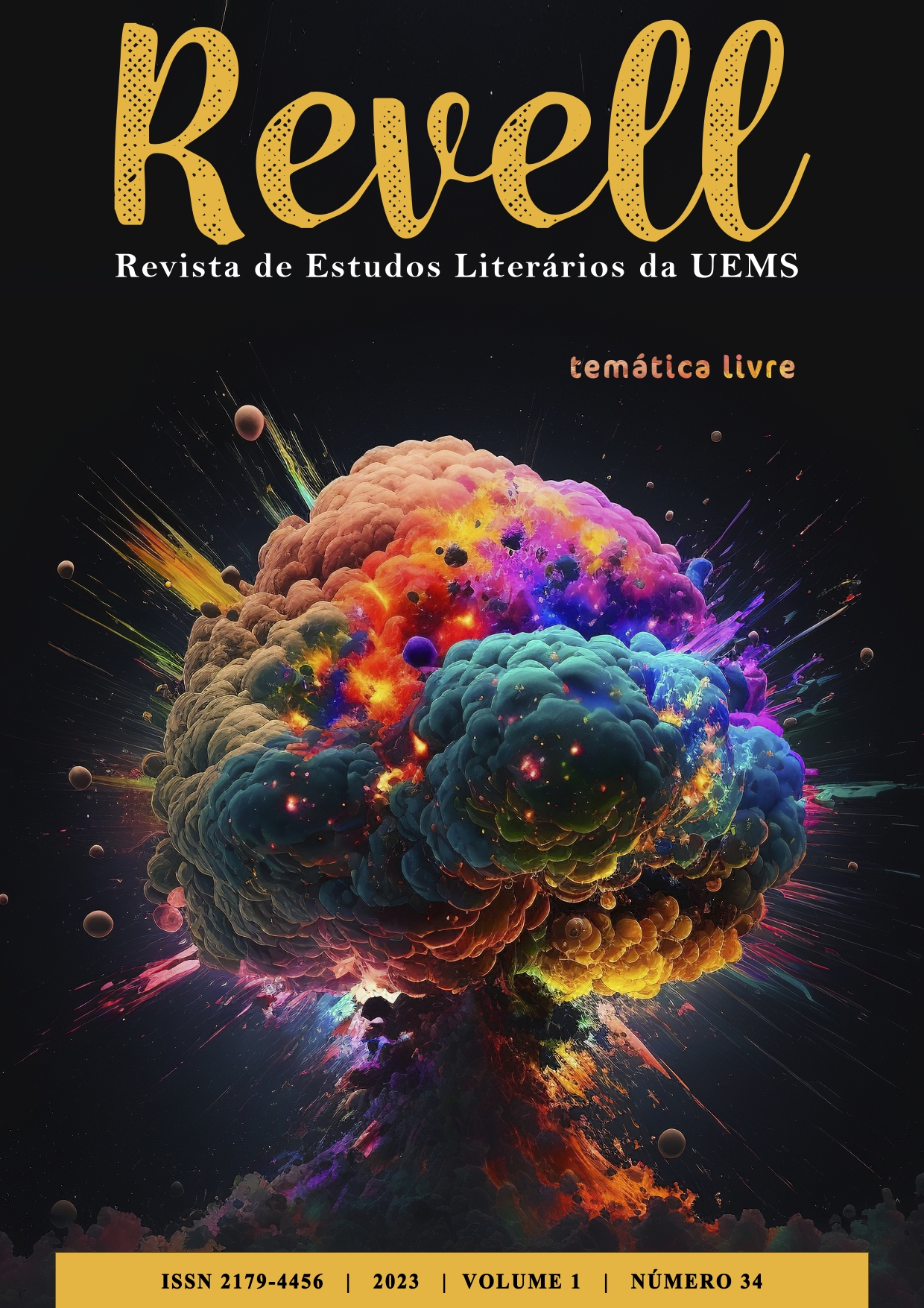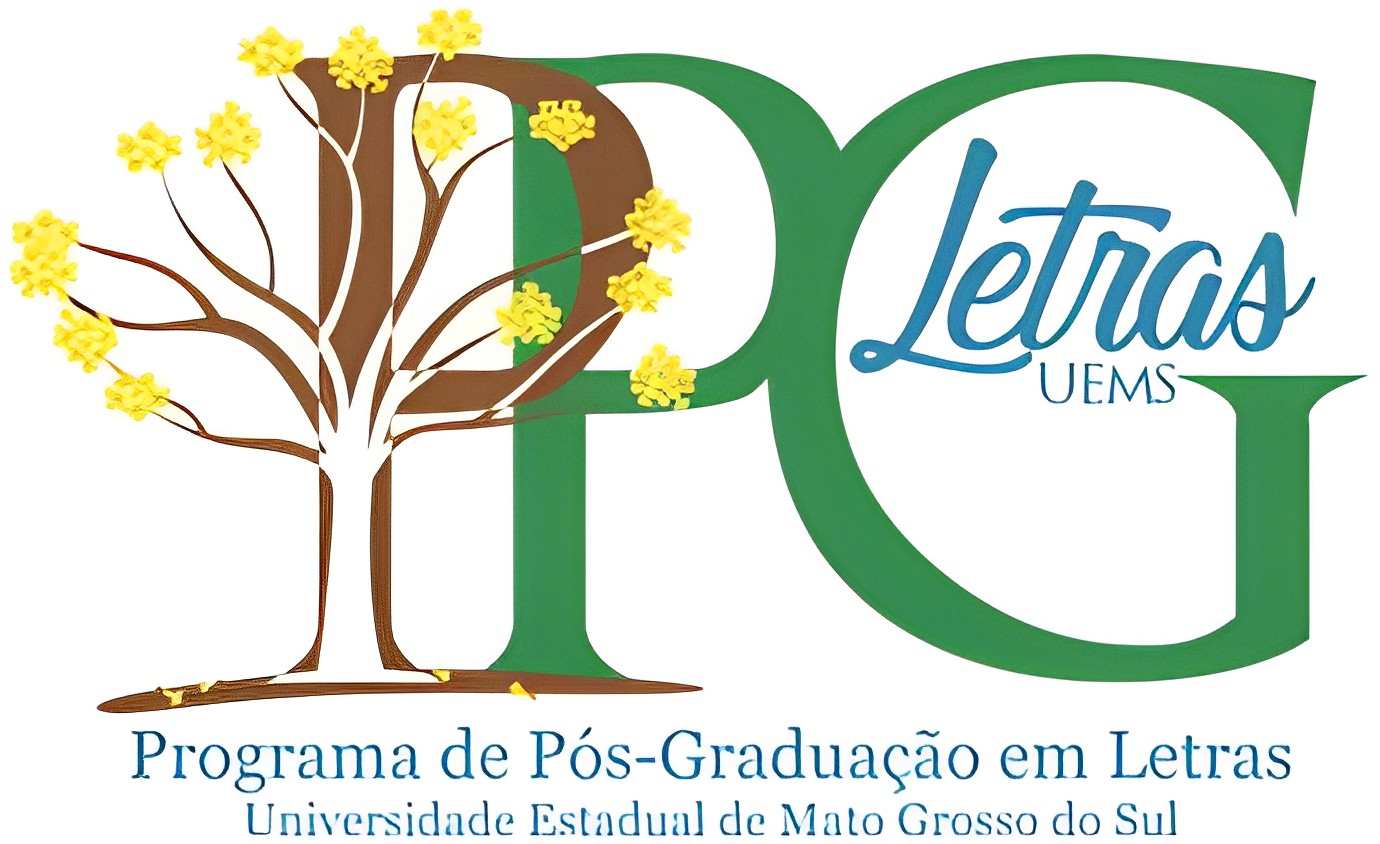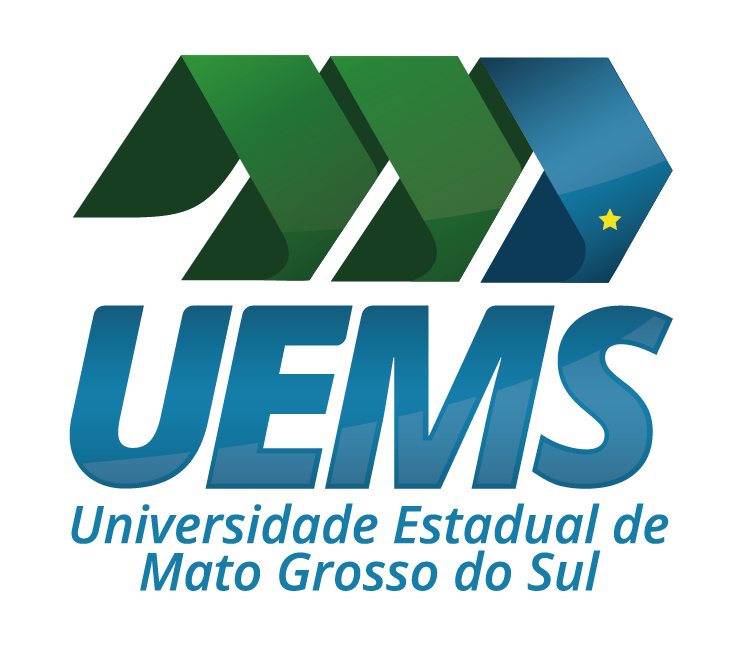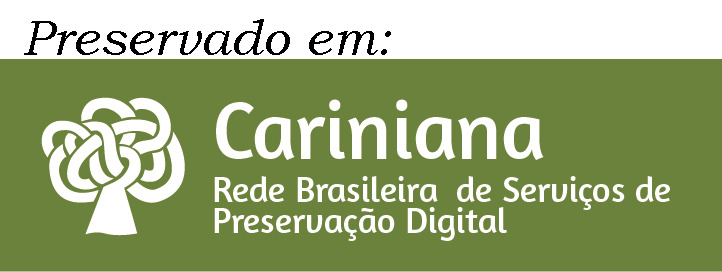The doctor's wife in an Ensaio Sobre A Cegueira (1995), by José Saramago
notes on the (non) female protagonism
DOI:
https://doi.org/10.61389/revell.v1i34.8640Keywords:
power, gender, lenguage, identity, Doctor's wifeAbstract
The article analyzes the discourses of power and gender present in the novel Ensaio sobre a cegueira (1995), by José Saramago. The fragility of social structures in the face of crises is explored, highlighting how language is a mechanism of invisible domination. In the context of gender, the social and cultural construction of feminine and masculine identities is discussed, presenting structuralist and post-structuralist approaches. The character of the doctor's wife is examined as a multifaceted symbol of hope, morality and submission. Her role in the narrative reflects the tensions between women's autonomy and submission in society, while challenging simplistic notions of gender. At the same time, her action reveals a vision of female resistance, intelligence and compassion. The research also contextualizes the representation of female characters in contemporary Brazilian literature, highlighting the importance of the author's gender in the creation of characters and their position in the plot. In short, the article offers a critical analysis of the representations of power and gender in Saramago's novel, highlighting the complexity of social relations and identity in the work.
References
BOURDIEU, P. A Dominação Masculina. Tradução Maria Helena Kuhner. 10. ed. Rio de Janeiro: Bertrand Brasil, 2011.
BOURDIEU, P. O Poder Simbólico, Rio de Janeiro: Bertrand Brasil, 1989.
CANDIDO, A. Literatura e sociedade. 9. ed. Rio de Janeiro: Ouro Sobre Azul, 2006.
DALCASTAGNÈ, R. A personagem do romance brasileiro contemporâneo: 1990-2004, Estudos de Literatura Brasileira Contemporânea, n 26, Brasília, julho-dezembro de 2005, pp. 13-71
FAIRCLOUGH, N. Discurso e Mudança Social; Izabel Magalhães, coordenadora de tradução, revisão técnica e posfácio. Brasília: EditoraUnB, 2001 [1992].
RÖHRIG, M. Elementos da poética em Saramago. 2014. 174 f.Tese (Doutorado),Universidade Federal do Rio Grande do Sul, Instituto de Letras. Programa de Pós-Graduação em Letras, 2014. Disponível em: http://hdl.handle.net/10183/101650 Acesso em: 7 fev. 2021
SARAMAGO, J. Ensaio sobre a cegueira. São Paulo: Companhia das Letras, 1995.
Downloads
Published
How to Cite
Issue
Section
License
Copyright (c) 2024 REVELL - UEMS JOURNAL OF LITERARY STUDIES

This work is licensed under a Creative Commons Attribution 4.0 International License.
DECLARAÇÃO DE ORIGINALIDADE E EXCLUSIVIDADE E CESSÃO DE DIREITOS AUTORAIS
Declaro que o presente artigo é original e não foi submetido à publicação em qualquer outro periódico nacional ou internacional, quer seja em parte ou na íntegra. Declaro, ainda, que após publicado pela REVELL, ele jamais será submetido a outro periódico. Também tenho ciência que a submissão dos originais à REVELL - Revista de Estudos Literários da UEMS implica transferência dos direitos autorais da publicação digital. A não observância desse compromisso submeterá o infrator a sanções e penas previstas na Lei de Proteção de Direitos Autorais (nº 9610, de 19/02/98).




















